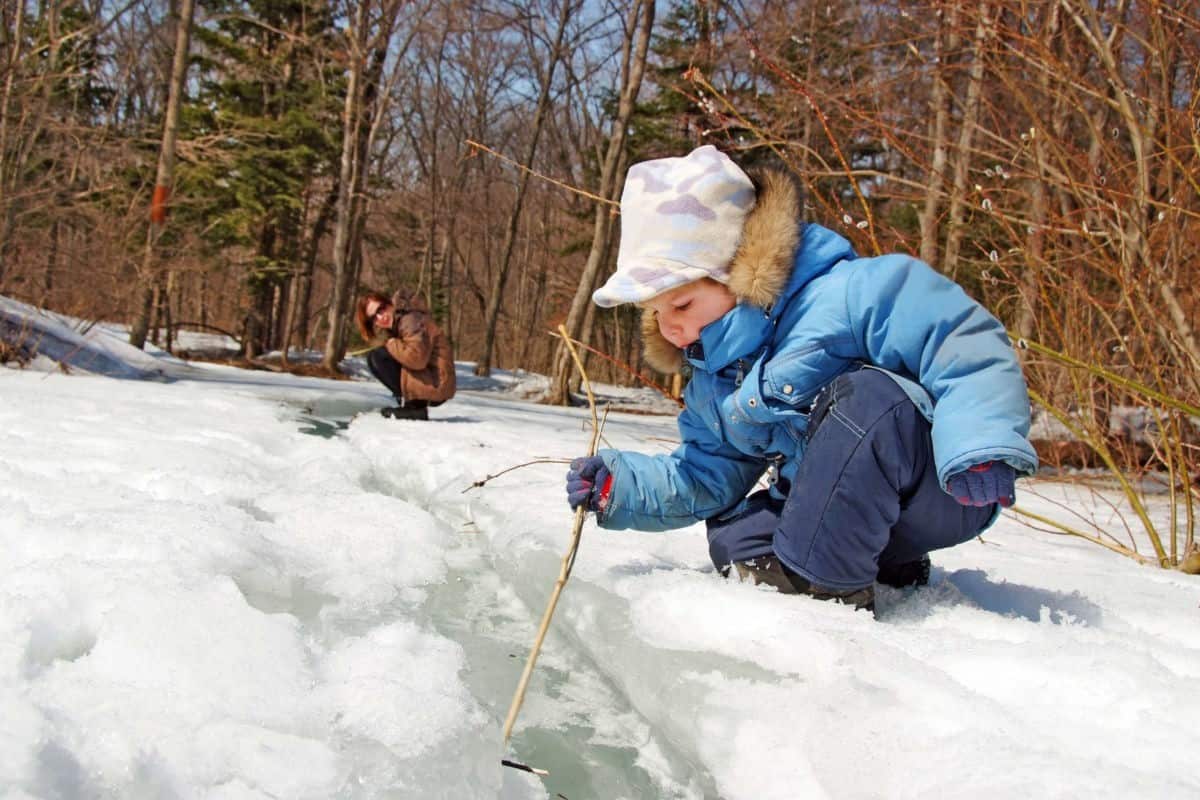
Research shows interacting with nature is beneficial for the mental health of children and teenagers
Children’s mental health, involving their emotional, psychological, and social well-being, is an important factor influencing children’s development of a sense of identity, positive self-esteem, healthy peer and family relationships, and stress coping mechanisms. Mental health issues therefore have the potential to prevent children from reaching developmental and social milestones, and persist into adulthood.
Mental health issues are associated with burdens on the individual, family, and healthcare system which has led to research focusing on identifying and targeting mental health influencers. The complex nature of mental health issues results in the need to use a multi-faceted approach to examine both individual (e.g. biological, socioeconomic) and external (e.g. school, home, environment) influences on children’s mental health.

A systematic review published this year by Tillmann et al., examined how accessibility to, exposure to and engagement with nature affects the mental health of children and teenagers (0-18 years). Ten academic databases were used to search and identify research papers from 1990 to 2017 focusing on nature, children and teenagers (0-18 years) , quantitative results, and mental health.
Thirty five papers met inclusion criteria, with main focuses on emotional well-being, attention deficit disorder / hyperactive disorder (ADD/ADHD), overall mental health, self-esteem, stress, resilience, depression, and health-related quality of life. To allow for comparison, papers were categorized into one of three groups based on the type of nature interaction: accessibility, exposure and engagement.
Within the ten papers including nature interactions with ADD/ADHD, thirteen of nineteen findings exhibited statistically significant positive results. The benefits of nature and ADHD behaviours could have important implications for teachers implementing strategies to help children focus in the classroom. Within the four papers including accessibility and engagement to nature, five of seven findings found interacting with nature to be significantly positively associated with reduced stress.
The reviews showed significant findings on the benefits of nature for all mental health outcomes. However, ADD/ADHD, overall mental health, stress, resilience, and health-related quality of life were the only outcomes demonstrating more positive significant findings over non-significant findings.
Looking forward, the authors found no studies assessed the effects of nature on anxiety, which may be a focus for future studies as anxiety is an important mental health influencer. Furthermore, the authors suggested longitudinal studies to assess the long-term effects of nature on mental health. The paper also brings to attention the fact that most studies included in the review focus on less healthy, at-risk populations participating in wilderness therapy and outdoor adventure programs. Therefore, further investigation is recommended to examine how these programs may benefit general healthy populations.
Identifying external factors such as nature that influence mental health may lead to the implementation of programs aimed at preventing the onset of mental health issues in children and teenagers, preventing the persistence of mental health issues into adulthood.
Read the full paper by Tillmann et al., here.

